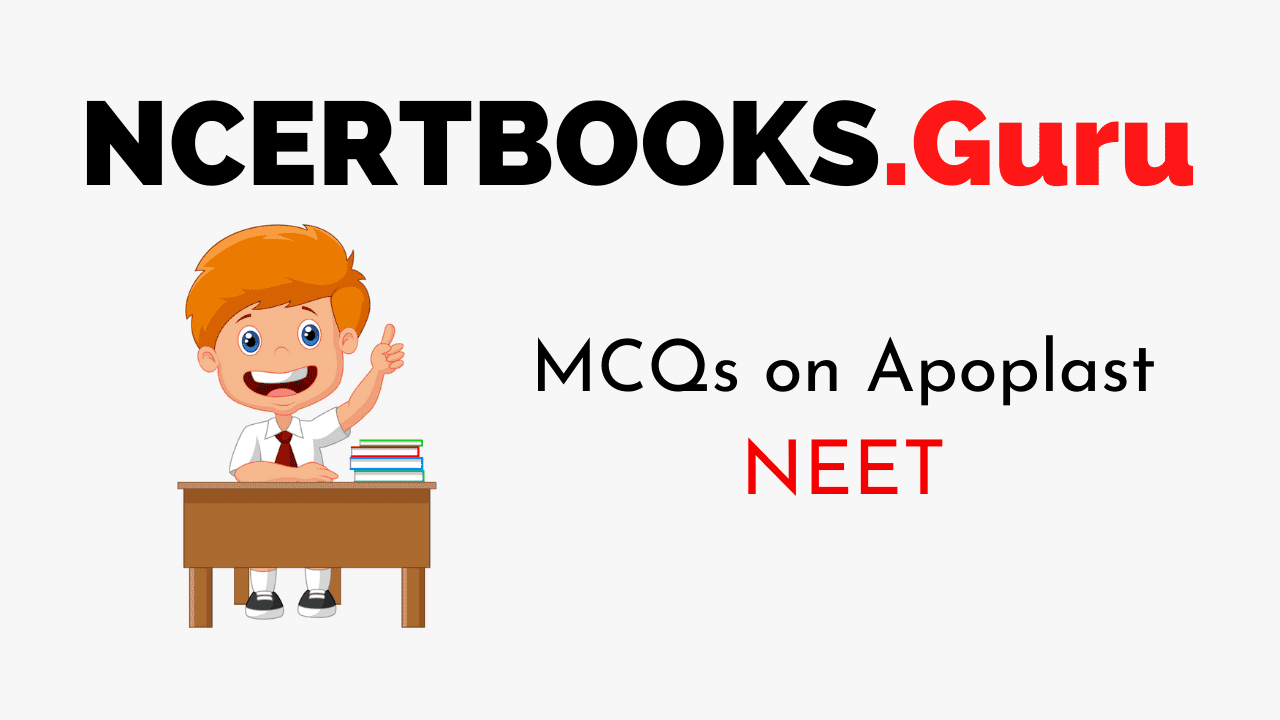Professional Ethics Notes: Learning about only technical and scientific topics in engineering courses is not enough. We also need to know how to behave, what kind of behaviour is moral and acceptable, and other similar nuances of acting professionally when it comes to working in an office.
Life does not end with the end of our engineering course, right? We need to carry what we have learnt in the course forth into the places we are hired to work and utilise our skills. In these workplaces, Professional Ethics are extremely important to follow, and that’s why it is important to learn while in an educational institution.
Today, we will be focusing on providing you with a number of resources to make sure that you are well versed in the branch of Professional Ethics. The following is a list of the same that we have provided below in the article.
- Professional Ethics reference books
- Professional Ethics curriculum
- List of Professional Ethics important questions
- Frequently asked questions about Professional Ethics
- Conclusion
Introduction to Professional Ethics Notes Free PDF Download
Professional Ethics is a subject which is an invariable part of every subject, be it management, law, engineering, or any other professional course. It is the subject which delves into moral codes of conduct, or in other words, the standards of behaviour that is expected from individuals in a professional setting. Professional settings here refer to workplaces, educational institutions, etc.
It is important to have studied Professional Ethics and to have had it be ingrained into your head and your value system before you enter a workspace. In the workplace, people value and respect an employee who follows all the appropriate Professional Ethics, thus, it is imperative to study and understand the subject very well. Aside from this, those who refuse to follow Professional Ethics are generally penalised or reprimanded for the same.
Below is a list of various Professional Ethics Notes for you to rely on while studying the subject. They are an important tool and asset for every individual enrolled in an educational course with the intent to move forward for a job later on.
- Professional Ethics in Engineering (PEE) Lecture Notes
- Professional Ethics – PE Study Materials | PDF Free
- Professional Ethics and Human Values, Study Material & Notes PDF
- Notes for Professional Ethics – PE
- Professional Ethics Lecture Notes
BE Professional Ethics Notes PDF Free Download
Values and Professional Ethics are somewhat similar to each other, in the sense that they both govern how an individual should behave. However, the difference is that values are inbuilt and more personal, while Professional Ethics are standard for all persons alike.
Some suitable Professional Ethics are:
- Honesty
- Accountability
- Trustworthiness
- Loyalty
- Mutual respect
- Transparency
- Obedience to rules
- Confidentiality where required
Professional Ethics Reference Books
Now that we have understood the gist of what all the subject of Professional Ethics entails, let’s take our first dive into the resources available to study the same.
The following is a list of Professional Ethics reference books:
- Ethics in Engineering written by Mike Martin and Rolan Schinzinger
- Engineering Ethics written by Charles Fleddermann
- Engineering Ethics – Concepts and Cases written by Michael Pritchard and Michael Rabins
- Ethical Choices in Business written by R.C. Sekhar
- Engineering Ethics written by Pinkus, Shulman, Phummon and Wolfe
- Internet Ethics written by Duncan Lanford
- Professional Ethics and Human Values written by Jayakumar
- Professionalism and Ethics in Teaching written by David Carr
- Professional Ethics and Civic Moral written by Emile Durkheim
- Business Ethics: Concepts and Cases, Fifth Edition written by Manuel Velasquez
- Professional Ethics (includes Human Values) written by R. Subramanian
- Encyclopaedia of Business and Professional Ethics written by Deborah Poff and Alex Michalos
Professional Ethics Curriculum
| Unit | Topics |
| Ethics, Applied Ethics & Professional Ethics |
|
| Business Ethics |
|
| Medical Ethics & Bioethics |
|
| Engineering Ethics |
|
| Media Ethics |
|
| Legal Ethics |
|
| Teaching Ethics/Value Education |
|
List of Professional Ethics Important Questions
Answering Professional Ethics important questions will not only allow you to truly ingrain and understand what professional ethics are in the true sense of the subject, but this will also give you an idea of what kind of questions will turn up in the exam paper.
Preparing well for an examination includes solving important questions for the subject as well. You know you are fully prepared for an examination when you can effortlessly answer all the important questions without any hesitation or doubt.
Here is a list of Professional Ethics important questions.
- Define work ethics.
- What is honesty? List out any 2 aspects of honesty.
- List down some civic virtues.
- What is cooperation? How is it different from competition?
- What are human values?
- Explain the importance of self confidence in professional ethics.
- List down important time wasters and also discuss how one can manage time properly.
- Explain commitment, empathy, accountability and integrity.
- Write a detailed note on work ethics.
- What are some important engineering ethics?
Frequently Asked Questions about Professional Ethics
Q1. What is the importance of Professional Ethics?
A1. Professional Ethics are what every individual needs to learn before going to get a job anywhere. Professional Ethics can be applied under any industry, whether it is the medical industry, law, business, engineering, media, and even in teaching positions in educational institutions.
By Professional Ethics, we are referring to the standards of behaviour that each individual must follow in the workplace, and the maintenance of morals in the workplace by individuals. This is incredibly important because implementing it allows a certain decorum to be maintained in the professional sphere.
Q2. How do I use Professional Ethics Notes?
A2. In the article above, we have provided you with a set of Professional Ethics Notes to help you study for when you have an exam for this subject. The best way to use the Professional Ethics Notes is by putting it together with the Professional Ethics reference books, Professional Ethics curriculum and the list of Professional Ethics important questions. We have provided all of these resources above as well, along with the Professional Ethics Notes.
For the best use, use the Professional Ethics curriculum to create a good schedule for studying. After this, use the Professional Ethics Notes and reference books to become thorough with the subject. Once you feel that you are well prepared, try solving the important questions which we have also provided above. This process will help you best utilise the resources that we have provided for you.
Q3. What is the basic Professional Ethics curriculum?
A3. The Professional Ethics curriculum is divided into several parts, and it discusses the different forms of ethics in different industries. The following is the simple and unit-wise breakdown of the curriculum.
- Ethics, Applied Ethics & Professional Ethics
- Business Ethics
- Medical and Bioethics
- Engineering Ethics
- Media Ethics
- Legal Ethics
- Teaching Ethics/Value Education
Q4. What are some good Professional Ethics reference books?
A4. Some good Professional Ethics reference books are as follows (in no particular order).
- Engineering Ethics – Concepts and Cases written by Michael Pritchard and Michael Rabins
- Professional Ethics (includes Human Values) written by R. Subramanian
- Business Ethics: Concepts and Cases, Fifth Edition written by Manuel Velasquez
- Encyclopaedia of Business and Professional Ethics written by Deborah Poff and Alex Michalos
Conclusion
Now that we have provided you with all the necessary resources to prepare well for exams in Professional Ethics, we hope that the Professional Ethics Notes, reference books, curriculum and important questions have helped serve your purpose. You must go through all of these and study the subject thoroughly to score great marks and also be well versed in Professional Ethics. Just remember, the better you fare in Professional Ethics, the better adjusted you will be in whichever job you get hired!

